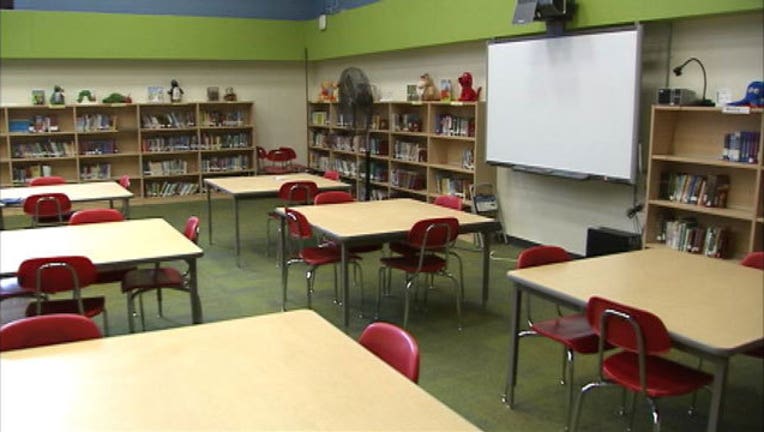Auditor's report card on standardized testing in Minnesota

ST. PAUL, Minn. (KMSP) - Minnesota spends millions of dollars each year on standardized tests, but more than half of the state’s principals and teachers responding feel unprepared to interpret key test score data. A program evaluation released Monday by the Minnesota Office of the Legislative Auditor also found that administering state-required standardized tests strains the resources of many school districts and charter schools.
The evaluation says the Minnesota Department of Education should do more to measure the local impacts of administering standardized tests and help teacher better understand and use test results. The auditor also recommends the Legislature remove or reexamine certain legal requirements of the tests and instead focus on setting overall priorities for student testing.
Read the full report at http://www.auditor.leg.state.mn.us/ped/pedrep/studenttesting.pdf
Key facts and findings
Minnesota primarily uses two standardized tests to meet federal requirements: The Minnesota Comprehensive Assessments (MCAs) and the ACCESS for English Language Learners. The MCAs measure student proficiency in math, reading, and science in selected grades. The ACCESS tests measure English proficiency of identified English learners in all grades K-12.
The Minnesota Department of Education spent $19.2 million on standardized tests in 2016. Federal sources contributed more than 1/3 of the funding.
New federal legislation passed in 2015 left many testing requirements intact, but gave states more options to address schools with low test scores.
Administering state-required standardized tests strains the resources of many school districts and charter schools. The state does not systematically measure the local costs and impacts of state testing requirements.
The use of test scores at the local level varies widely. Many principals and teachers do not feel prepared to interpret much of the testing data reported by the Department of Education.
Some legislative mandates regarding test design and test score use are too prescriptive and have unintended consequences.
Most school districts and charter schools administer other standardized tests in addition to the MCAs and ACCESS tests, as districts often find their locally-adopted tests to be more useful than the state-mandated tests. However, major obstacles prevent the use of such tests to meet federal requirements.
Minnesota schools spend significant time and resources on state standardized tests, but their usefulness is limited.
Key recommendations
The Minnesota Department of Education should gather information from school districts and charter schools on the local costs and impacts of administering state-mandated tests, and use these data to inform policy decisions.
The state should further increase outreach and support to school districts and charter schools regarding the interpretation and use of test scores.
The Legislature should remove or reexamine certain legal requirements that prescribe specific test designs or reporting formats, and instead focus on setting priorities for tests overall.
READ THIS NEXT - Graduation rates for Minneapolis schools keep climbing, especially at North HS

